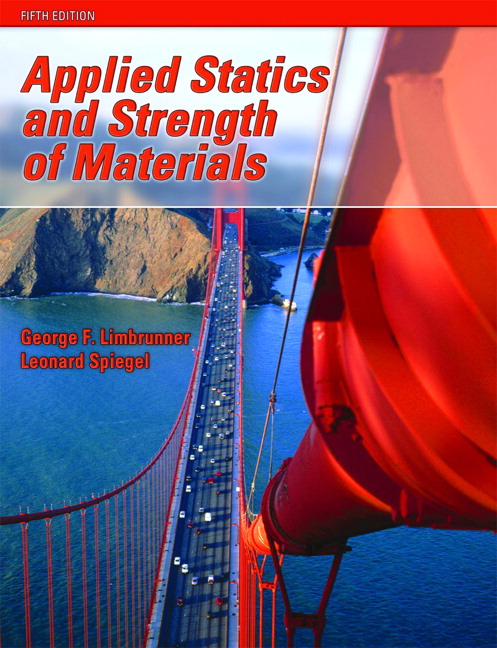The main objective of the M5 competition, which focused on forecasting the hierarchical unit sales of Walmart, was to evaluate the accuracy and uncertainty of forecasting methods in the field in order to identify best practices and highlight their practical implications. However, whether the findings of the M5 competition can be generalized and exploited by retail firms to better support their decisions and operation depends on the extent to which the M5 data is representative of the reality, i.e., sufficiently represent the unit sales data of retailers that operate in different regions, sell different types of products, and consider different marketing strategies. To answer this question, we analyze the characteristics of the M5 time series and compare them with those of two grocery retailers, namely Corporaci\'on Favorita and a major Greek supermarket chain, using feature spaces. Our results suggest that there are only small discrepancies between the examined data sets, supporting the representativeness of the M5 data.
翻译:M5竞争的重点是预测Walmart的分级单位销售情况,其主要目标是评价实地预测方法的准确性和不确定性,以便确定最佳做法并突出其实际影响,然而,零售公司能否推广和利用M5竞争的结果,以更好地支持其决定和业务,取决于M5数据在多大程度上能反映现实,即充分代表在不同区域经营的零售商的分级销售数据,出售不同种类的产品并考虑不同的营销战略。为了回答这个问题,我们分析了M5时间序列的特点,并将它们与两个杂货零售商,即Corporaci-on Favorita和希腊一家大型超市链的分批零售商,利用特色空间加以比较。我们的结果显示,所审查的数据集之间只有很小的差异,支持M5数据的代表性。




